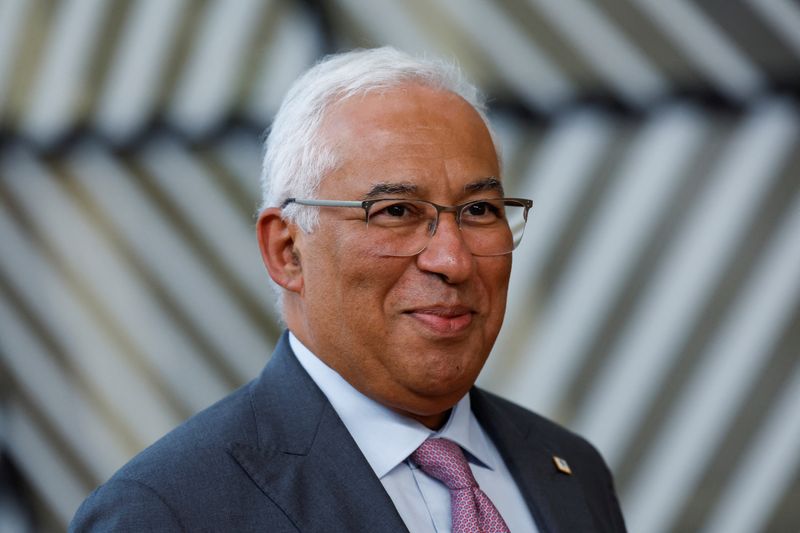
120 Socialist parliamentarians supported the bill in the 230-seat Chamber of Deputies, other parties voted against it and two abstained, but that was enough to win its approval, unlike a year ago when the Socialists ruled in a minority. The rejection of the 2022 budget triggered a surprise election.
Prime Minister Antonio Costa won the election by an absolute majority in January.
The bill predicts economic growth will slow to just 1.3% in 2023, from 6.5% this year, with private consumption nearly stagnating, due to rising energy and food prices and the erosion of savings accumulated during the pandemic.
Export growth is expected to slow to 3.7% from 18.1% this year, given the sharp slowdown or even recession expected in some of its major European trading partners.
Public investment will increase by 37% to €8.6 billion thanks to funds provided by the European Union’s Pandemic Aid Programme.
The government hopes to reduce the budget deficit to 0.9% of GDP next year, from 1.9% in 2022, while public debt is expected to decline to 110.8% from a forecast of 115% this year.
Prime Minister Costa was criticized by the opposition for an excessive focus on the deficit, telling Parliament during the debate that Portugal needs to reduce the fiscal gap and public debt, especially at a time when the European Central Bank is raising interest rates to fight inflation.
“The best protection we can give families and businesses is not to allow sovereign debt yields to rise to levels that affect other interest rates in the economy,” he said.
Joaquim Miranda Sarmiento, a parliamentarian from the main opposition Social Democrats, said the budget showed “the continuity of policies that have impoverished Portugal”, accusing the government of “insatiable taxation”.






